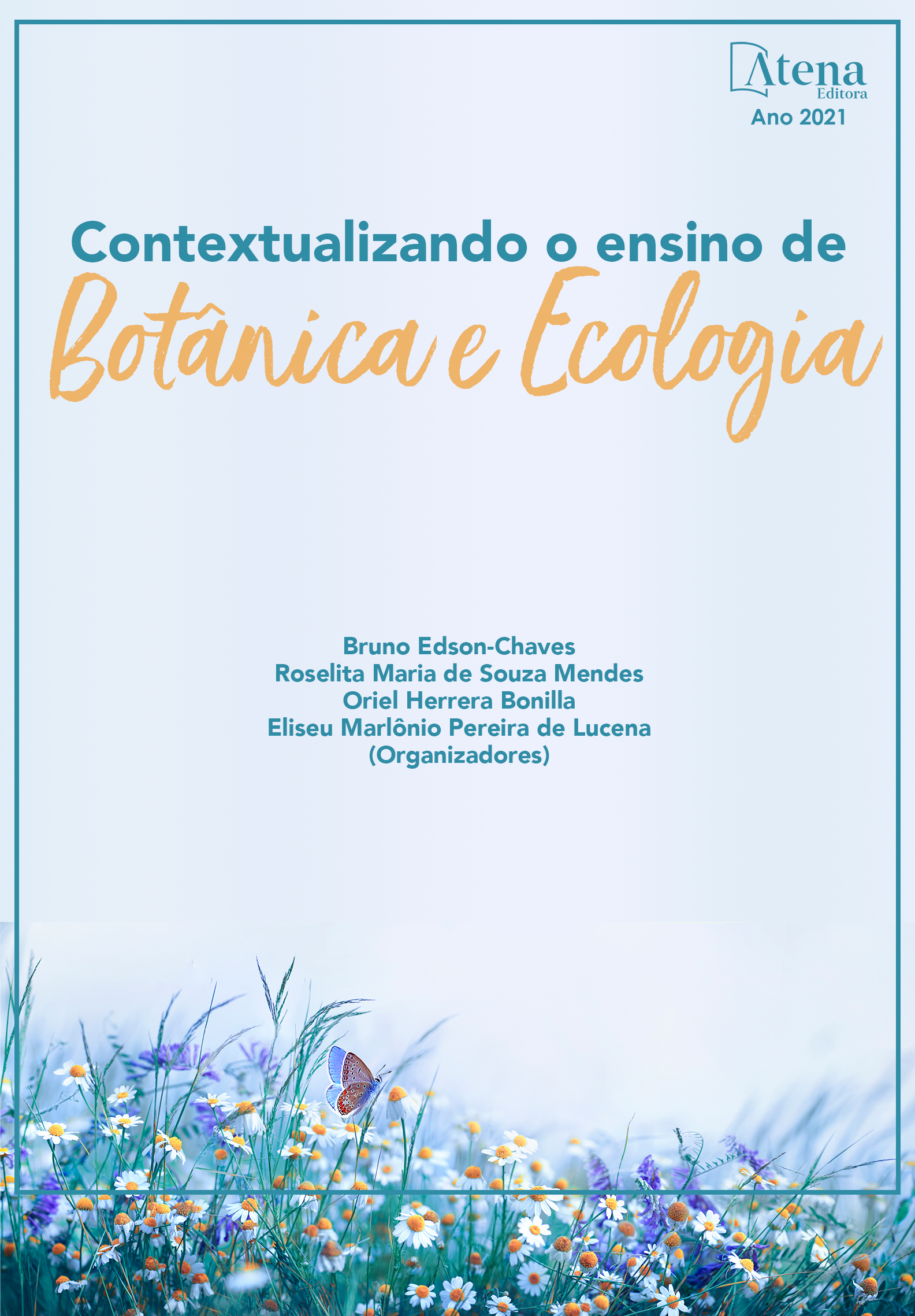
CURSO TEÓRICO-PRÁTICO DE ANATOMIA VEGETAL: PERCEPÇÃO DOS PARTICIPANTES
O ensino de Botânica geralmente é visto por educandos como de difícil compreensão devido à quantidade de conteúdos e termos. Há atividades que podem ser promovidas para reverter esta situação e auxiliar no ensino-aprendizagem, como cursos de extensão e aulas práticas. Este trabalho avaliou um curso de Anatomia Vegetal e as técnicas abordadas em uma Universidade Estadual do Ceará, em Fortaleza. Foram aplicados questionários a 10 participantes graduados e graduandos de Ciências Biológicas, após a realização do minicurso “Anatomia Vegetal: microtécnica vegetal e anatomia vegetal aplicada”. Verificou-se que 60% dos participantes tinham faixa etária entre 21 e 24 anos e apresentavam como áreas de maior interesse a Ecologia (88,9%) e a Botânica (77,8%). Os discentes relataram as interações e meio ambiente (40%) e relação homem-natureza (40%) como principais importâncias do estudo da botânica, e conhecimento botânico (30%) do estudo da anatomia vegetal. O interesse pelo assunto (40%) e por novos conhecimentos (40%) foram as motivações para aprender sobre anatomia. Esta foi apresentada para os estudantes na educação básica (70%) e 90% não tiveram aulas práticas no Ensino Médio; apesar disso, conheciam as aplicações da Anatomia Vegetal. Dos assuntos do curso, 50% conheciam os caracteres anatômicos de valor taxonômicos e 60%, os ecologicamente. A técnica apontada como mais fácil foi maceração de tecidos e corte paradérmico à mão livre, a mais difícil; corte transversal à mão livre como a de maior aplicabilidade em estudos de Anatomia e Ecologia Vegetal (90%) e reproduzíveis em sala de aula (90%). Todos os participantes conseguiram relacionar teoria e prática. Torna-se claro a importância de atividades extracurriculares, como o presente minicurso, uma vez que possibilitou por meio da prática, um aprendizado mais profundo do tema.
CURSO TEÓRICO-PRÁTICO DE ANATOMIA VEGETAL: PERCEPÇÃO DOS PARTICIPANTES
-
DOI: 10.22533/at.ed.8092104035
-
Palavras-chave: Ensino Superior. Botânica. Curso de Extensão. Aula prática.
-
Keywords: College education. Botany. Extension course. Practical class.
-
Abstract:
The teaching of Botany is generally seen by students as difficult to understand due to the amount of content and terms. There are activities that can be promoted to reverse this situation and assist in teaching and learning, such as extension courses and practical classes. This work evaluated a course on Plant Anatomy and the techniques covered at a State University of Ceará in Fortaleza. Questionnaires were applied to 10 graduate and undergraduate participants of Biological Sciences, after the completion of the minicourse "Plant Anatomy: plant microtechnique and applied plant anatomy". It was verified that 60% of the participants had ages between 21 and 24 years and presented as areas of greater interest Ecology (88.9%) and Botany (77.8%). The students reported the interactions and environment (40%) and man-nature relationship (40%) as the main importance of the study of botany, and botanical knowledge (30%) of the study of plant anatomy. The interest in the subject (40%) and new knowledge (40%) were the motivations to learn about anatomy. This was presented to students in basic education (70%) and 90% did not have practical classes in high school; however, they knew the applications of Plant Anatomy. Of the subjects of the course, 50% knew the anatomical characters taxonomically important and 60%, the ecological ones. The technique pointed out as the easiest was the maceration of tissues and paradermic cut to the free hand, the most difficult; transversal cut to the free hand as the one of greater applicability in studies of Plant Anatomy and Ecology (90%) and reproducible in the classroom (90%). All participants were able to relate theory and practice. It becomes clear the importance of extracurricular activities, such as the present minicourse, since it allowed through practice, a deeper learning of the subject.
-
Número de páginas: 22
- Marcos Adelino Almeida Filho
- Lucas Farias Pinheiro
- Josiany Costa de Souza
- Paula Amanda Santiago do Nascimento
- Oriel Herrera Bonilla
- Roselita Maria de Souza Mendes
- Izabelly Saraiva Sant’Ana
- Bruno Edson-Chaves


